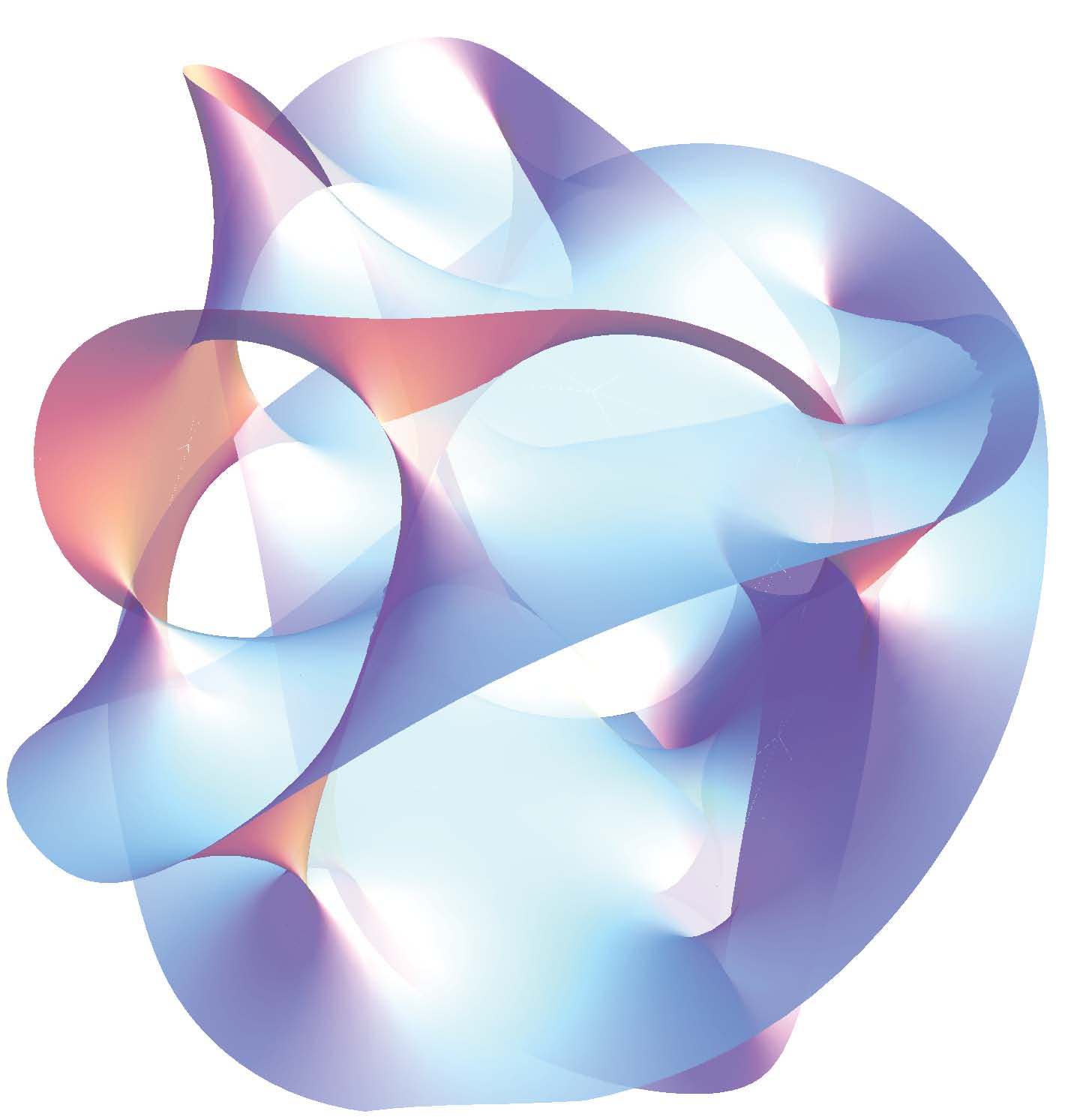Physics meets ML to solve cosmological inference
Ben Wandelt, Institut d’Astrophysique de Paris / Institut Lagrange, Sorbonne University and Center for Computational Astrophysics, Flatiron Institute, New York, 12:00 EDTAbstract: The goal of cosmological inference is to learn about the origin, composition, evolution, and fate of the cosmos from all accessible sources of astronomical data, such as the cosmic microwave background, galaxy surveys, or electromagnetic and gravitational wave transients. Traditionally, the field has progressed by designing and modeling intuitive summaries of the data, such as n-point correlations. This traditional approach has a number of risks and limitations: how do we know if we computed the most informative statistics? Did we forget any summaries that would have provided additional information or break parameter degeneracies? Did we take into account all the ways the model is affecting the data? To be feasible, the traditional approach imposes approximations on the statistical modeling (e.g. the likelihood form) and on the physical modeling. I will discuss a new mode of cosmological inference: simulation-based, full-physics modeling, made feasible through multiple advances in 1) machine-learning, 2) in the way we design and run simulations of cosmological observables, and 3) in how we compare models to data. The goal is to use current and next generation data to reconstruct the cosmological initial conditions and constrain cosmological physics much more completely than has been feasible in the past. I will discuss current status, and ways to meet the new challenges inherent in this approach, including robustness to model misspecification.
